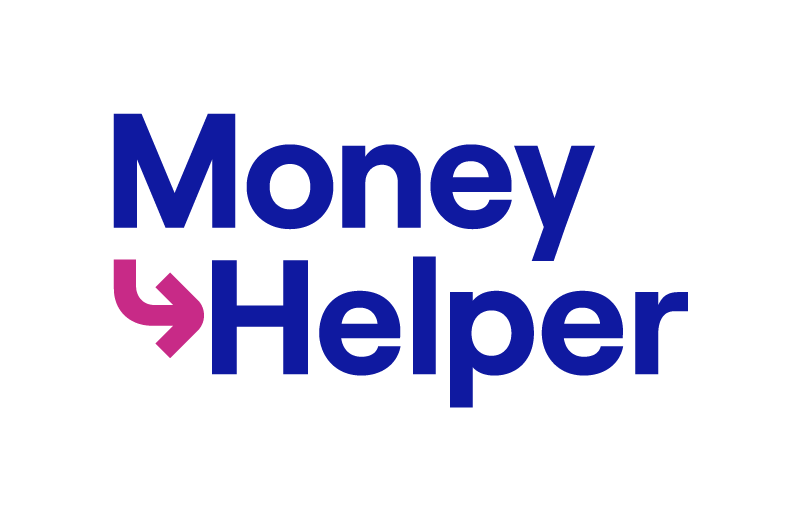How we help you
- September 2012
- August 2012
- July 2012
- June 2012
When does a debt become statute barred?
An unsecured debt (for example credit cards, personal loans and overdrafts) can become statute barred after six years, whereas a secured debt (like a mortgage) can only become statute barred after twelve.
What does 'statute barred' mean?
When a debt becomes statute barred it basically means that you don't need to pay it off anymore.
The reason for this is that not only do you have a requirement to repay your debts - your lenders also have a responsibility to make sure that you repay them. If a lender doesn't pursue you for the money you owe them for a certain amount of time (i.e. six or twelve years depending on the debt), you might not have to make any payments.
There are other conditions, however. For example, for a debt to become statute barred you must not acknowledge it for the appropriate time period. This means that you must not have made any payments towards your debt, or acknowledged that you owe it, for that entire time.
Will my debts become statute barred?
It is not advisable to try to clear your debts by simply waiting for them to become statute barred! It's very unlikely that your lenders would not contact you for the amount you owe them - and if you simply refused to pay then they would almost certainly chase you for the debt.
If you or your lender acknowledges your debt at any time during the six- (or twelve-) year period, it starts again from the beginning. So if there is any contact about the debt it would be another six or twelve years before it became statute barred.
Not all debts can become statute barred, either. For example, if a CCJ (County Court Judgment) has been issued against you, the courts may give your lender permission to pursue the debt even after it's over six years old.
If you owe any money to the Department of Work and Pensions, they can take it from any benefit payments they make to you - again, even after the six-year period. Income Tax and VAT debts can never become statute barred. Student loans from after 1998 are 'income-contingent', and can therefore be automatically deducted from your salary.
If you're having trouble with your unsecured debts, you'll need to seek some professional debt advice. If you'd like to talk to one of our experts, fill in our callback form or call us on 0800 970 7725.
How else can I deal with my debts?
If you're struggling to pay your unsecured debts every month, a debt solution like a debt management plan might be able to help you. Debt management can lower the amount you pay every month to a more manageable level, and you'd make these payments over a longer time.
Your lenders would have to agree before it can go ahead, - and they might also agree to freeze interest and charges. Bear in mind that if they don't freeze interest and charges, repaying debt over a longer time means you might end up paying more than you would've originally.
Debt management will also damage your credit rating, but so would continuing to struggle with your debt repayments.
If you want to talk to a debt professional about your situation, call us on 0800 970 7725 - or fill in our callback form and we'll call you back.
By Matthew Plant.

It's good to know:
- We negotiate with the UK's major lenders and retailers
- We pride ourselves on our approach to great customer service
- Each month 1000s of people are benefiting from our help

To find other sources of free advice visit Money Helper. It's here to listen and give free, impartial, trusted guidance. Based around you and backed by government.
Subject to eligibility and acceptance. Fees Payable. Debt write off applies to unsecured debts only and on completion of an IVA, alternative solutions may be offered. If your IVA fails, it could lead to Bankruptcy. Your ability to obtain credit will be affected for at least 6 years. Homeowners may be required to release the equity in their property.